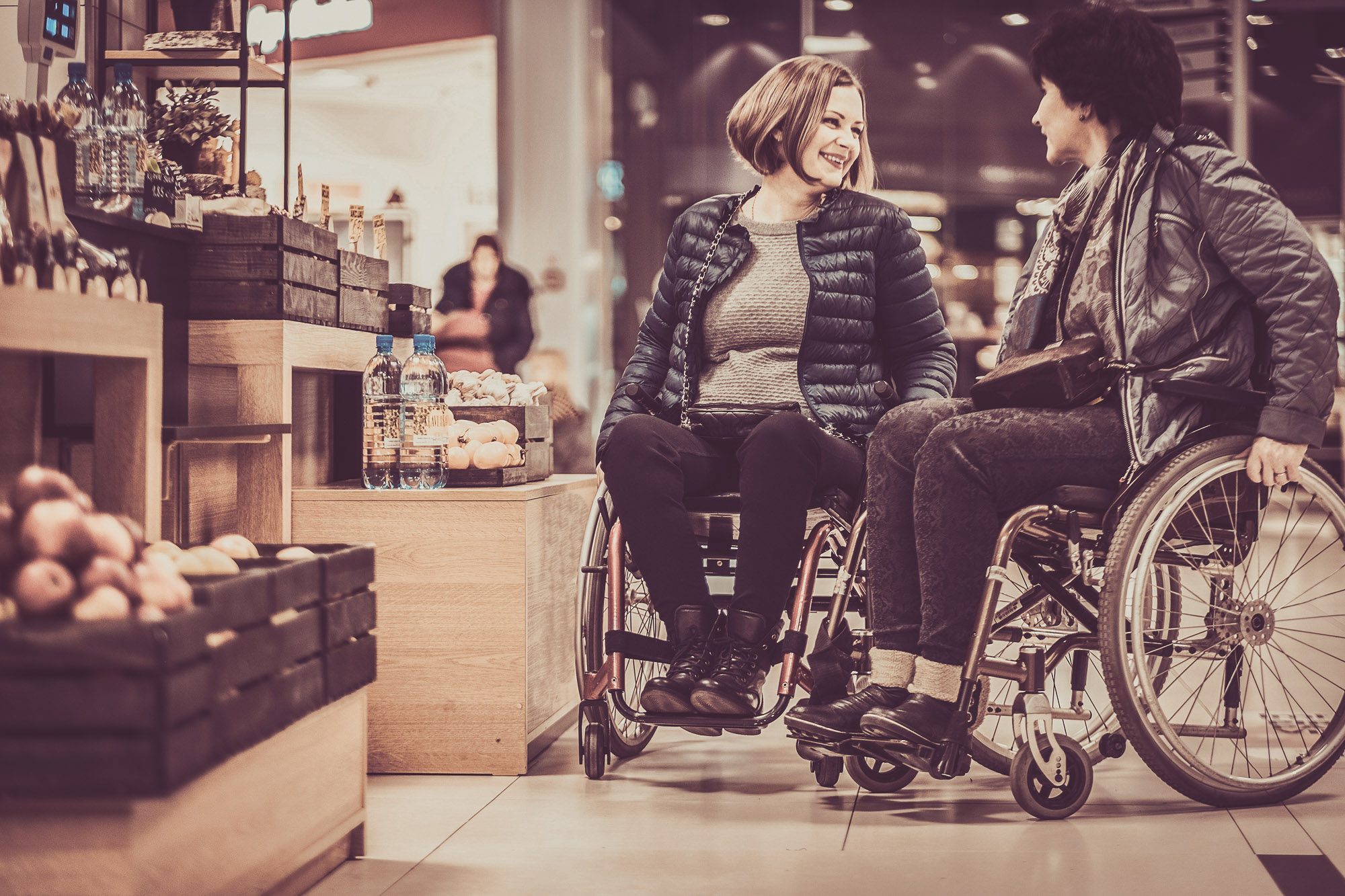Finding work can be difficult for anyone, and this is especially true if you are disabled. There may be physical barriers to employment, or there might just not be a lot of careers in your area that accommodate disabled jobseekers. The good news is that there are many steps that you can take to find work as a disabled person. In this article, we will discuss ten top tips for finding employment if you’re disabled – so read on!
1.
One of the best things you can possibly do is to keep an open mind. You might think that your condition or disability means that there are no jobs out there for you, but this isn’t always true. There may be a variety of roles in different industries – like administrative work and clerical tasks – which you could easily undertake if you’re disabled.
2.
Another great tip is to network. This might seem like an obvious thing which you already do, but it could be the case that you just don’t get out of your way enough or ask for help from people who are more senior than yourself. If there’s a particular company that you want to work for, then find out if there’s anyone who is connected to them that you could ask for some tips or advice.
3.
Don’t forget about the disabled jobcentre. If your disability means that you receive benefits and can’t work (or at least not full time), then it might be worth filling in an application form with Jobcentre Plus. They can provide one-to-one support with finding a disabled careers in your area. You never know – you might be eligible for a disability allowance which will help to supplement your income and allow you the financial freedom to take on more hours.
4.
If you can, try not to limit yourself. You might think that there aren’t any jobs out there for disabled people in your area because all of the suitable roles have been filled by other applicants. However, it could just be that the employers haven’t actually thought about diversifying their workforce and employing disabled people. This means that if you’re willing to travel a bit further or think outside of the box in terms of what kind of role would suit your disability – then there might still be an opportunity for you!
5.
Don’t forget to ask for help. This is so important. It’s very easy to feel isolated and like you’re the only person who has your disability, but this isn’t actually true at all – there are so many people out there in the same position as you or with similar disabilities. Sometimes it can be really difficult to talk about these things because of feelings of shame or embarrassment, but it’s really important that you reach out for support. There are lots of disability charities that offer services like sign language interpreters and mobility scooters which can be used to help disabled people get around independently – so don’t forget about these great resources!
6.
In the UK there is actually a law called the Equality Act, which makes it illegal to discriminate against disabled people in the workplace. This means that employers are legally obliged to make reasonable adjustments for disabled workers – or risk legal action if they don’t. So, try not to take rejection too personally and remember that there is no need for you to feel isolated because of your disability.
7.
Another great tip is to find out what additional skills or qualifications you could gain which would make you a more attractive candidate and ideally, able to take on more hours. For example, if your disability means that it’s difficult for you to get around independently, then taking lessons in sign language might be really useful! You can also go through the government website – National Careers Service – to find out about any courses or qualifications that you can take which will make your application more appealing.
8.
Don’t forget about the disabled charities! Many of these organisations will offer services like job clubs and training courses which could be really useful for you. These will often allow people with disabilities to meet new friends, gain some valuable skills and build up their confidence so that they feel ready to apply for jobs again in future.
9.
Don’t forget that it’s okay if you don’t know where to start – many charities offer services like one-to-one support which can be really helpful if you’re not sure what steps you need to take next. By contacting one of these organisations, they will be able to offer guidance and point out any resources that might help you find the most suitable work for your disability.
10.
Finally, don’t give up! Remember that disabled people are just like everyone else – we all have different skills, strengths and weaknesses. If you’re struggling to find work then it’s important not to give up hope – just because something hasn’t worked out for one person doesn’t mean that the same thing won’t be successful for someone else!
There are disabled jobs out there! It might be the case that your disability means it’s difficult for you to get around and apply, but don’t let this stop you from finding suitable employment because of barriers like stairs or lack of access. For further support, visit our Disability Advice Hub and our dedicated disabled jobs board for live opportunities for disabled jobseekers near you.











